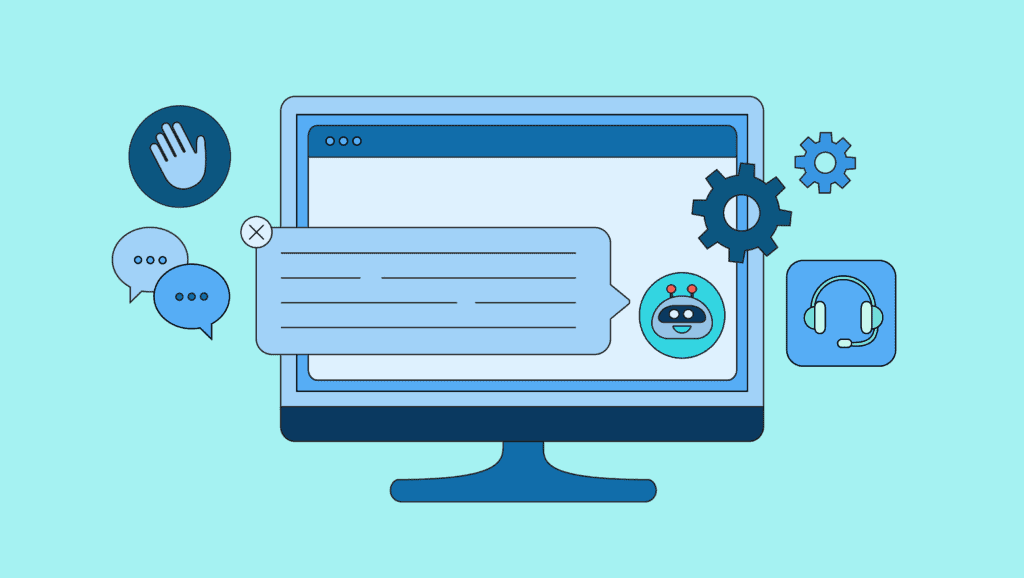In the fast-evolving landscape of technology, artificial intelligence (AI) has emerged as a game-changer. From automating mundane tasks to predicting consumer behaviors, AI’s potential is boundless. However, as AI gains prominence, so do the concerns related to its security. In this article, we delve into the nuances of securing AI, ensuring that you, the reader, grasp a comprehensive understanding of this pivotal subject.
Understanding the AI Landscape
Artificial Intelligence, often abbreviated as AI, is a broad term encompassing machine learning, deep learning, and neural networks. It’s a field where machines are trained to mimic human intelligence, enabling them to perform tasks like data analysis, image recognition, and even autonomous decision-making.
The Importance of Securing AI
The Growing Threat Landscape
AI systems are valuable targets for cybercriminals. They can be exploited to gain unauthorized access, disrupt operations, or compromise sensitive data.
Data Protection
AI relies heavily on data. Securing AI means safeguarding the data it uses, from personal information to trade secrets.
Ethical and Legal Concerns
AI introduces complex ethical questions, such as bias in algorithms and accountability for AI-driven decisions.
Ensuring AI Security: A Multi-Layered Approach
To protect AI systems effectively, it’s imperative to employ a multi-layered security approach. Here are the key components:
1. User Authentication
Secure AI systems start with robust user authentication. Implementing strong passwords and two-factor authentication is crucial.
2. Data Encryption
All data used by AI systems should be encrypted to prevent unauthorized access or data leaks.
3. Regular Updates and Patch Management
Keep AI systems up-to-date to guard against vulnerabilities. Regularly update software and patch known security holes.
4. Anomaly Detection
Employ AI for AI. Implement anomaly detection algorithms to identify suspicious activities within AI systems.
Bursting the Myths
Myth 1: AI is Invincible
AI, while powerful, is not immune to attacks. It can be vulnerable if not properly secured.
Myth 2: Traditional Security Suffices
AI security requires specialized measures beyond standard cybersecurity protocols.
Conclusion
In the rapidly advancing world of technology, securing AI is not just an option; it’s a necessity. As AI continues to shape our lives and businesses, the responsibility to protect it falls on us. By implementing robust security measures, we can harness AI’s potential without compromising on safety and ethics.
FAQs
- What is the significance of securing AI? Securing AI is vital to protect valuable data, prevent unauthorized access, and address ethical concerns associated with AI technology.
- What are the common threats to AI systems? Common threats include data breaches, unauthorized access, and the ethical implications of AI, such as bias in algorithms.
- How can I ensure AI security for my business? Implement a multi-layered security approach, including user authentication, data encryption, regular updates, and anomaly detection.
- Is AI immune to cyberattacks? No, AI is not invincible. It can be vulnerable if not adequately secured.
- Why is traditional cybersecurity insufficient for AI security? AI security requires specialized measures beyond traditional cybersecurity due to the unique nature of AI technology.




